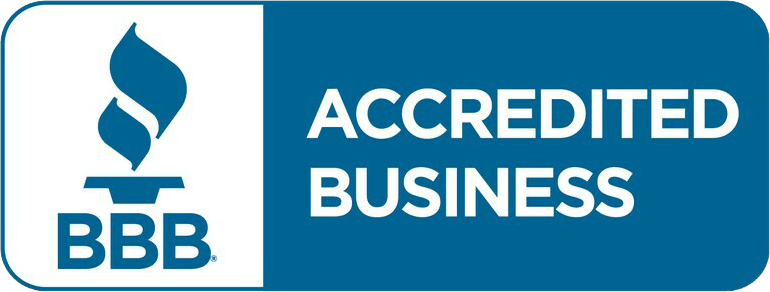Blog

Tax scams are a growing problem that affects millions of taxpayers every year. In 2019 alone, Americans lost over $1.9 billion to fraud, with tax scams being one of the most common types of fraud reported. Tax scams can take many forms such as email (phishing) scams; phone scams; tax identity scams; and social security scams. In this blog post, we will discuss what is a tax scam, the most common types of tax scams, how to recognize warning signs of tax scams, and what to do if you fall victim to a scam. So, What Is A Tax Scam? As defined by the IRS, a tax scam involves someone impersonating IRS agents, government employees, or debt collectors in an attempt to trick individuals into sending the scammer money for taxes, penalties, fees, or other reasons. The most common methods used by scammers include the phone (cell or landline), a computer (laptop, tablet, or home computer), or even the US Mail system. Common Tax Scams To Avoid Here are the more common tax scams to avoid Email (Phishing) Scams - Scammers pretend to be a well-known organizations in order to obtain sensitive information, such as usernames, passwords, or credit card numbers. Scammers can also pretend to send emails that contain tax documents such as W-2’s, 1099’s, mortgage statements, bank statements, etc., and trick taxpayers into opening these infectious emails that contain malware or malicious code. Afterwards, the perpetrator may contact you asking for personal information or payment. These scams can be difficult to spot, as they often use official-looking logos and language to make them seem legitimate. Phone Scams - Phone calls from scammers posing as IRS agents or government officials will attempt to confirm your personal information by asking to verify the last four of your SSN or your date of birth (DOB). Once the scammer has the right person, they will demand payment immediately and may even threaten to bring local law enforcement to arrest you, if you do not pay them. Most people do not know this, but the IRS will not call you. If the scammer says they are with the IRS, ask for their badge ID, and then hang-up and call the IRS at 800-829-1040. Tax Identity Scams - Identity theft occurs when someone steals your personal information, such as your name, Social Security number, and/ or date of birth, and uses it to file a fraudulent tax return or claim a refund. The IRS has identified identity theft as a significant problem, and has steps in place to minimize it, but it remains a common form of tax scam. To help prevent identity thieves from filing fraudulent tax returns using a taxpayer’s social security number, the IRS has implemented the Identity Protection PIN ( IP PIN ) program, which is a six-digit number assigned to eligible taxpayers and is known only to the taxpayer and the IRS. For more information on the IP PIN program download this PDF file IP_PIN or, click / visit: IRS.gov/IPPIN Social Security Scams - Scammers claim that your SSN has been suspended or will be canceled due to overdue taxes via phone or voicemail. When this happens, they also request you pay your dues immediately. Hang-up and call the Social Security Administration at 800-772-1213 between 8am – 7pm (local time), Monday - Friday. If you have online access, you can click / visit https://www.ssa.gov/scam/ to report the incident. Warning Signs of Tax Scams Knowing the warning signs of tax scams can help you protect yourself from becoming a victim. Here are some common signs to look out for: Unsolicited emails or phone calls claiming to be from the IRS or other tax authorities. Requests for personal information or payment Threats of arrest or legal action if you do not comply. Requests for payment using unusual methods, such as gift cards or cryptocurrency. Calls or emails that use threatening or aggressive language. It's important to remember that the IRS will NOT contact you by phone, email, or text message to ask for personal or financial information. Finally, if you receive a suspicious email, or even think that it is suspicious, DO NOT click on the link! What to Do if You Fall Victim to a Tax Scam If you fall victim to a tax scam, acting quickly is important to minimize the damage. Here are some steps you should take: Scammers contact you via PHONE: Record the phone number scammer is calling from (check call log or take screenshot of phone number), THEN hang up the phone immediately. Call TIGTA (U.S. Treasury Inspector General for Tax Administration) at 800-366-4484 and report the scammer’s phone number. Report the scammer’s phone number to phishing@irs.gov and put "IRS Phone Scam" in the subject line. Scammers contact you via E-MAIL or ONLINE: DO NOT click on any links in the email the scammer sent. Immediately mark the email as SPAM. Call TIGTA (U.S. Treasury Inspector General for Tax Administration) at 800-366-4484 and report the scammer’s email address. This blog is for informational purposes only. Always consider working with a reputable tax professional to help you resolve any tax return or tax identity issues.





